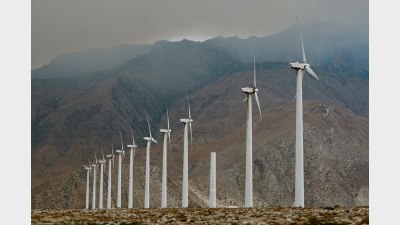Investing in transport fraught with governance risks


Environmental, social and governance (ESG) research on the transport sector should have a stronger focus on social and governance risks, according to AMP Capital senior ESG research analyst Mans Carlsson-Sweeny.
Sweeny said that historically ESG research had focused on environmental factors, but poor risk management could have significant effects on direct and indirect costs relating to transport.
He identified poor occupational health and safety (OH&S) performance, risk of industrial action and corporate governance as issues that could push up costs in 2013.
To identify the potential earnings impact of poor OH&S practices, Sweeny said investors needed to have a comprehensive view of the company's safety risk management profile.
Although the incident and frequency of safety issues had decreased, he said costs were rising and investors needed to look beyond decreasing frequency rates of lost-time injury.
Workers' compensation was the main direct cost, Sweeny found.
In a report in March 2013, Safety Work Australia identified the storage and transport industries as having the highest workers' compensation incidence rate among all industries.
Sweeny said statistics also showed a third of compensation payments in Australia were due to vehicle accidents, an area where costs had increased significantly.
Further, the transport and storage industries had one of the highest fatality rates of all industries, according to the most recent statistics.
As well as direct costs, the intangible cost of OH&S could potentially disrupt production, damage a brand, have a negative impact on staff engagement, or create corrective costs and damage to physical assets.
Sweeny found that although Australia was being de-unionised, the transport sector displayed the opposite trend with increasing membership rates between 2006 and 2011, which increased the risk of industrial action.
Forecasts predicted that an ageing workforce could lead to a major shortfall in truck drivers, so investors needed to be aware of a company's development and retention of employees.
Climate change will pose a risk to normalised earnings and executive remuneration, according to Sweeny, and could cause damage to assets, business disruptions, higher insurance and workers' compensation costs, among others.
Recommended for you
The property group, owned by industry super fund Aware Super, has announced two new projects with a total construction value of $320 million that will add more than 700 homes to Melbourne’s rental market.
While institutional investors, including super funds, unanimously acknowledge the energy transition as a significant challenge, their perspectives on the extent of their involvement in addressing the substantial capital requirements vary widely.
Despite a period of increased volatility, several considerations suggest that the bull market will remain intact and the trend in shares will remain up, an economist has suggested.
HESTA has slammed Woodside’s climate transition action plan, pointing to “significant” gaps.













Add new comment